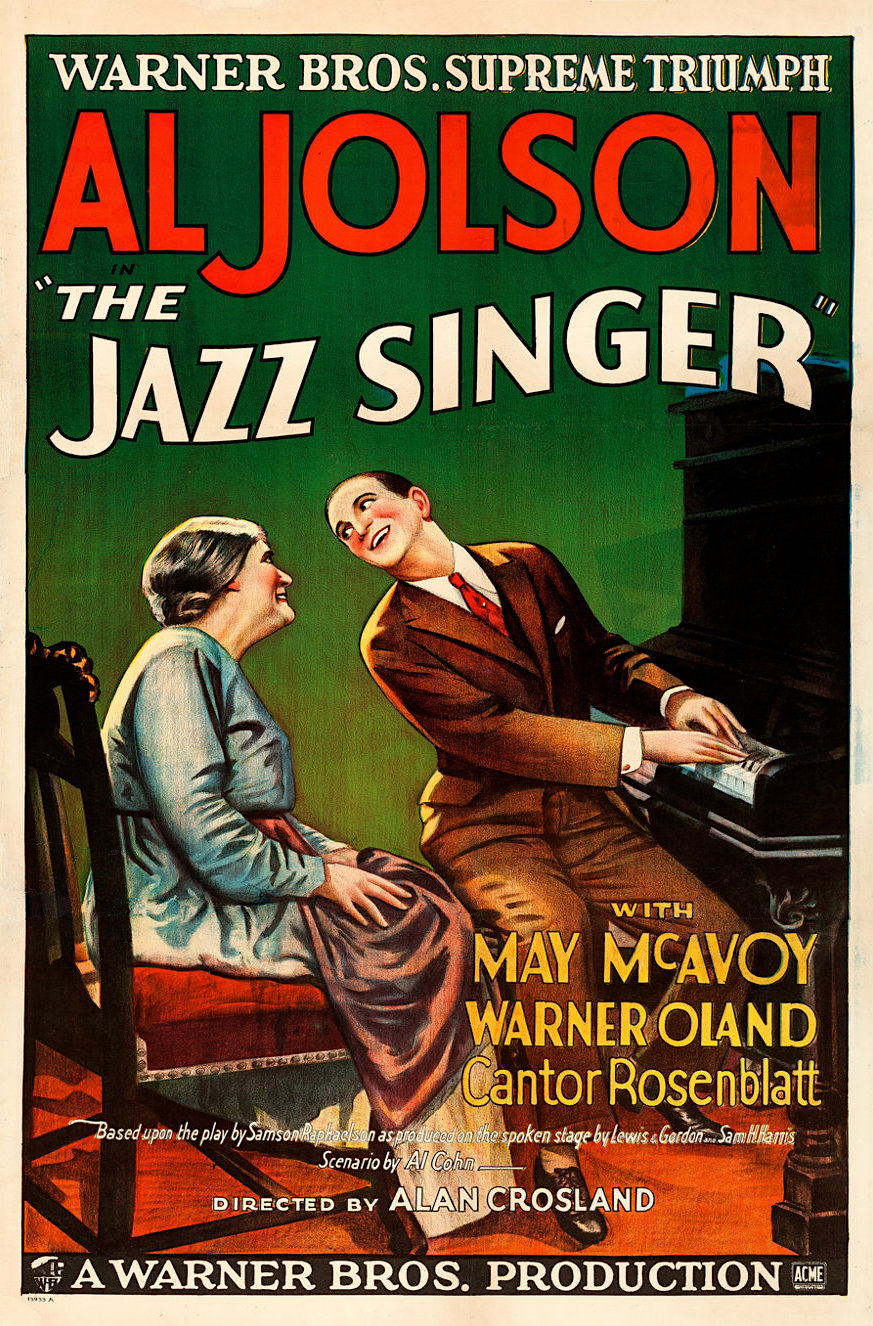Country: USA
Released: May 12th, 1928
Genre: Comedy
Directed by: Charles Reisner
Produced by: Joseph M. Schenck
Written by: Carl Harbaugh
Released: May 12th, 1928
Genre: Comedy
Directed by: Charles Reisner
Produced by: Joseph M. Schenck
Written by: Carl Harbaugh
Dammit Keaton what the hell? You didn't tell me you had another movie on this list. I already wrote that whole schultzy goodbye for you back in The General review! Way to make be look like a total jackass, you jerk.
So yeah, as is evident Keaton has another movie on this list. And as is evident by my intro I was not aware of that. I suppose I shouldn't be surprised, after all, as has been established numerous times already, he was one of the most important artists of the 20th century. Not that I'm complaining or anything, I'll take any excuse to watch Keaton. This one will probably be his last movie though, as after producing Steamboat Bill Jr. he moved to MGM where he lost all creative control. Said loss of control was also why he briefly descended into alcoholism.
Oh Hollywood, you are a cancer.
But you sure as hell make great movies sometimes, and fortunatly Steamboat Bill Jr. is no exception.
The movie follows Keaton as Bill Jr., a young artist from Boston who travels to a backwater town to visit his father (Ernest Torrence). William Sr. is the conductor of a steamboat and a manly man, who finds Bill's artsy ways to be unbecoming of a proper man, especially since he wants Bill to take over the business. As I write this I'm suddenly realizing this is the exact same goddamned plot as The Kid. Was this just a thing back then? Like, were stories about pansy comedians becoming men the 1920s version of superhero movies? To be honest Keaton pulls it off better, but to be fair that's probably because he was genetically designed in a lab to be the most sympathetic looking creature on Earth. Anyways, Bill falls for Kitty King (Marion Byron), the daughter of rival steamboat owner John James King (Tom McGuire). Bill, William, and John end up scuffling over their steamboat businesses, which lands the latter two in prison. The two try to bust out, but during their escape the town is hit by a cyclone, tearing buildings from their foundations and endangering the townsfolk. The film ends with Bill saving William, Kitty, and John from the cyclone's wrath, reconciling William and John and redeeming Bill in the eyes of his father.
It's very difficult to talk about Steamboat Bill Jr. because short of just describing the individual scenes there isn't anything I can say that hasn't been said in other entries. It made me laugh throughout, I think that should be enough of an endorsement for a comedy. Besides that though there's not much else to point out. Everything is top notch, but what else could you expect from Keaton? There is also the problem that this movie follows The General, which frankly does most everything this movie does better. Well actually that's not entirely true, and it's fairly dumb to make that assertion now that I think about it. After all, a comedy is first and foremost about the jokes, and it's not like Steamboat is just a rehash of the same jokes in The General. In fact I would argue that Steamboat is funnier than its predecessor. However where the General succeeds is not in the jokes themselves but in their conveyance; it's staging and editing just felt more vivid making it a more compelling piece, which is why it is remembered today as Keaton's magnum opus.
Does that discount Steamboat? Hell no! Even the most competent masterpiece (which I would argue Steamboat is) would look subpar when stacked up against "one of the greatest films ever made." Keaton still has some tricks up the old sleeve to make Steamboat feel groundbreaking. One such trick? The first instance of meta humour on the list so far! During a scene wherein William takes Bill to buy a new hat they start trying off a slew of hats to see what looks best, including a straw boater and a bowler hat...
...both of which they agree don't quite work. It's a cute, subtle nod to Chaplin and Lloyd that I thought was really funny.
The final cyclone sequence is also something to behold. The whole town gets blown to shit, and they literally tear down half a dozen buildings for the sake of a few gags. It's a level of commitment and technical prowess that many filmmakers today can't grasp despite having hundreds of millions of dollars at their fingertips, and Keaton deserves a life-sized Oscar of himself for being able to make an action sequence in 1928 that not only holds up today, but puts most modern filmmakers to shame. Watching Keaton running through collapsing buildings is exhilarating, and the scene is also notable for giving birth to Keaton's most iconic gag.
Steamboat Billy Jr. (which, fun fact, was the inspiration for Steamboat Willie, Mickey Mouse's debut) is a great movie. It's funny, clever, well shot, and clearly has a lot of heart put into it. I don't think there's much else that needs to be said.
















